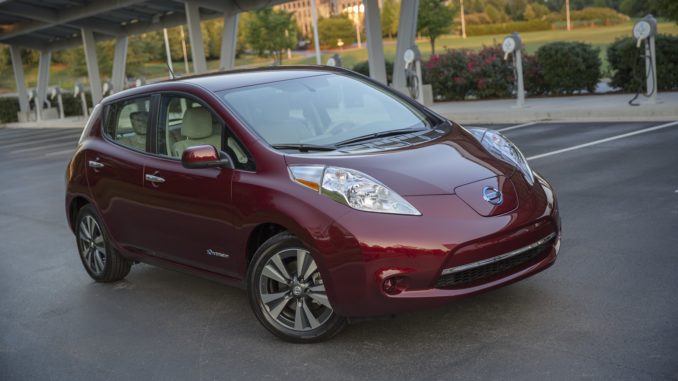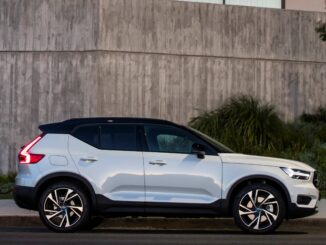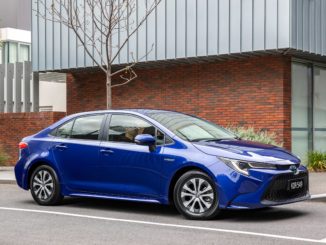
The process of buying a used car is difficult at the best of times, but it becomes even more tricky if you’re buying an electric car and you have to account for even more criteria.
Whether you’re switching from fossil fuels or you’ve bought an electric car before, here are our 6 tips for buying a used electric car!
1. Do EVs suit your commute?
Though electric vehicles (EVs) are continuously improving as the demand for them increases, they do have their setbacks. For instance, if you routinely drive long distances across highways, an electric car isn’t ideal for you. These cars will have their battery depleted more quickly at highway speeds than they will on urban roads.
Conversely, if your commute is more urban and filled with regular short journeys, then EVs are perfect. If not, it might be better to stick with hybrid vehicles and help the environment somewhat.
2. Charging requirements
First of all, does your local area have enough charging stations to deal with your demand? If you’re driving your electric car to work and back, you need there to be charging stations ideally at your workplace and close to home.
Basically, the routes that you regularly drive and the places you frequently visit ideally need EV charging ports that are free and readily available. If this isn’t the case or the ports don’t meet the car’s voltage requirements, then you’re wasting your time and will only cause yourself problems down the line.
Also, consider the area you’re in and the attitudes in the local community. It’s not uncommon for people to vandalize electric charging meters or for inconsiderate motorists with petrol cars to park in them.
3. How old is the battery?
When it comes to electric cars, it’s quite literally ALL about the battery. If the battery fails on an electric car, it’s very expensive to replace. The danger with used electric vehicles is that their batteries are older and don’t tend to keep their charge as long, so you may have to replace them entirely.
In some cases, it’s cheaper to buy another used EV than it is to replace an EV battery! Some auto companies like Renault offer deals for leasing EV car batteries to help keep your monthly costs manageable, but most used electric cars won’t have this option.
However, many EV batteries come with 5-year or 8-year warranties from the manufacturer, so see how much time is left on this warranty. Whatever you do, don’t buy a decrepit old battery that won’t hold a charge for long!
4. What is the range?
Depending on the age of the car, the range (i.e. how far it can drive on a single charge) could vary dramatically. For instance, older EVs usually have ranges of 80 miles or less, while newer electric vehicles are topping 200 miles on a single charge. Those with longer commutes or those who like to take road trips would obviously need cars with larger ranges.
When buying a second-hand electric vehicle, you have to remember that the battery isn’t as efficient as it was new, so the range is probably lower than what the manufacturer claims for a brand new vehicle. Ask the seller for their personal experience.
5. Look at the community online
Until the technology improves further, many EV owners are passionate hobbyists who often own a hybrid or petrol car in addition to an EV car. As a result, there are large online communities and forums where electric car owners discuss their experiences, their ranges, and practical tips for charging their cars.
Although a used electric vehicle might sound good when you hear its specifications, some online research might shed light on the fact that it’s difficult to find charging points that work with the car. Furthermore, some EVs might not have a range that’s as long as they claim, or perhaps their batteries have a reputation for wearing down more quickly than others.
6. Don’t forget insurance!
EVs can be more difficult to insure than petrol, diesel, and hybrid vehicles. Though the people who own EVs tend to be more responsible drivers, repairing EVs and replacing their parts is much more expensive than it is for regular cars. As a result, auto insurance will usually cost more if you switch to EV despite the cheaper overall running costs.
Even if you’re switching from one electric car to another, the new car may be more expensive to insure due to the rarity of its parts or how much its battery costs, so always take these things into account and check the rates beforehand.
We hope you enjoyed these 6 tips to ponder when buying a used electric vehicle! A lot of this stuff is common sense, but if you’re making the switch from a regular vehicle to EV, make sure you’re ready for the lifestyle change.




Be the first to comment